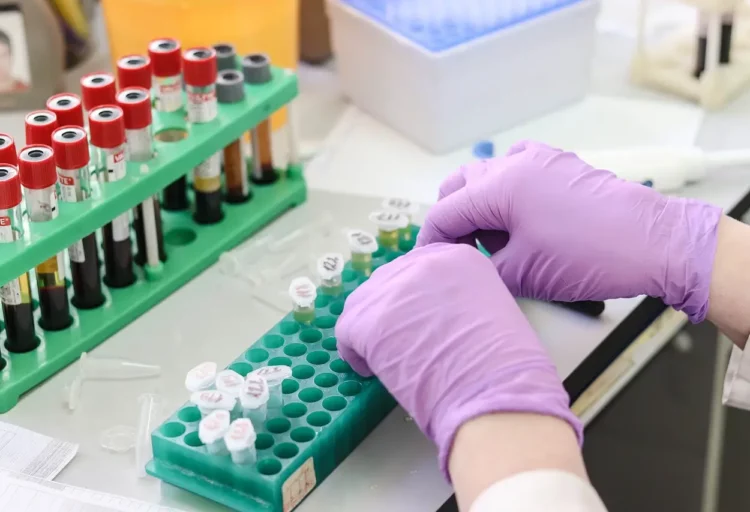Who Are They?
The ForeverPollution Project is an international collective of investigative journalists dedicated to studying and raising awareness about the dangers of per- and polyfluoroalkyl substances, better known as PFAS. These journalists come from various countries and work for highly respected media outlets such as Le Monde in France, El Diario in Spain, Latvijas Radio in Latvia, Radar Magazine in Italy, and Süddeutsche Zeitung in Germany.
Why Did They Come Together?
The members of the ForeverPollution Project united around a common mission: to expose the extent of PFAS contamination worldwide and highlight regulatory gaps and public health policy shortcomings. Their motivation is driven by growing scientific evidence that PFAS can cause serious health problems, including cancers, hormonal disorders, and negative impacts on child development.
Alarming Conclusions
After months of thorough investigation, the ForeverPollution Project journalists began publishing a series of reports in January 2023, detailing the widespread presence of PFAS in many everyday consumer products, including cookware, clothing, food packaging, and even drinking water. Their findings are alarming:
- Widespread Contamination: PFAS have been detected in drinking water and soil samples in multiple countries, revealing global contamination.
- Inadequate Regulation: Current PFAS regulations are fragmented and often insufficient to protect public health, leaving many populations vulnerable to exposure.
- Industrial Responsibility: Industries using or having used PFAS in their production processes are often reluctant to take responsibility for contamination, and cleanup efforts are frequently inadequate.
A Project That Opened the World’s Eyes on PFAS
In October 2023, Valentina Bertato of the European Commission called the ForeverPollution Project a “great success.” The project significantly raised PFAS awareness in the EU, influencing high-level policy changes. Their “presumptive contamination” approach is now considered a valuable tool for governments and remediation initiatives to prioritize sampling campaigns, develop action plans to protect the public, and address pollution.
The project has presented its methodology at various international events, and the Royal Society of Chemistry launched a campaign to revise the UK’s PFAS drinking water standards based on the project’s findings. Bills referencing the project have been filed in France’s National Assembly and Italy’s Senate, and several criminal prosecutions in France have relied on their investigation.
The collective of journalists continues its watchdog activities and regularly participates in conferences and with state agencies to present their findings. Recent notable events include:
- “Tackling PFAS Pollution & Launch of the Knowledge Center for Innovative Remediation Solutions,” organized by the Belgian EU Presidency in Antwerp, February 1-2, 2024.
- OECD Global Forum on the Environment dedicated to PFAS, in Paris, February 12, 2024.
Conclusion
The ForeverPollution Project is an inspiring example of investigative journalism serving the public interest. By exposing the dangers of PFAS and calling for more rigorous action, they play a crucial role in protecting our health and environment. To follow their work and support their mission, visit their website and subscribe to their publications.
Source: Official ForeverPollution Project website



